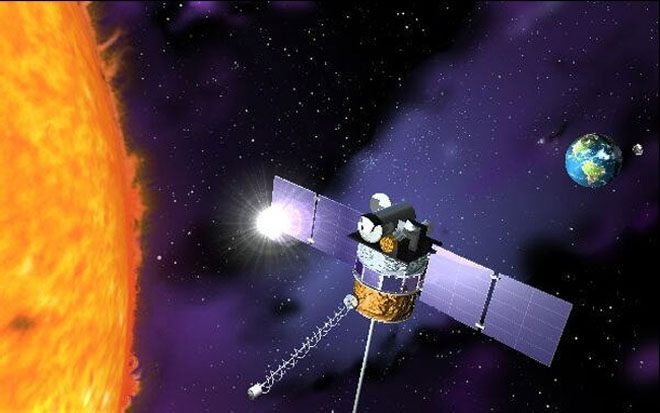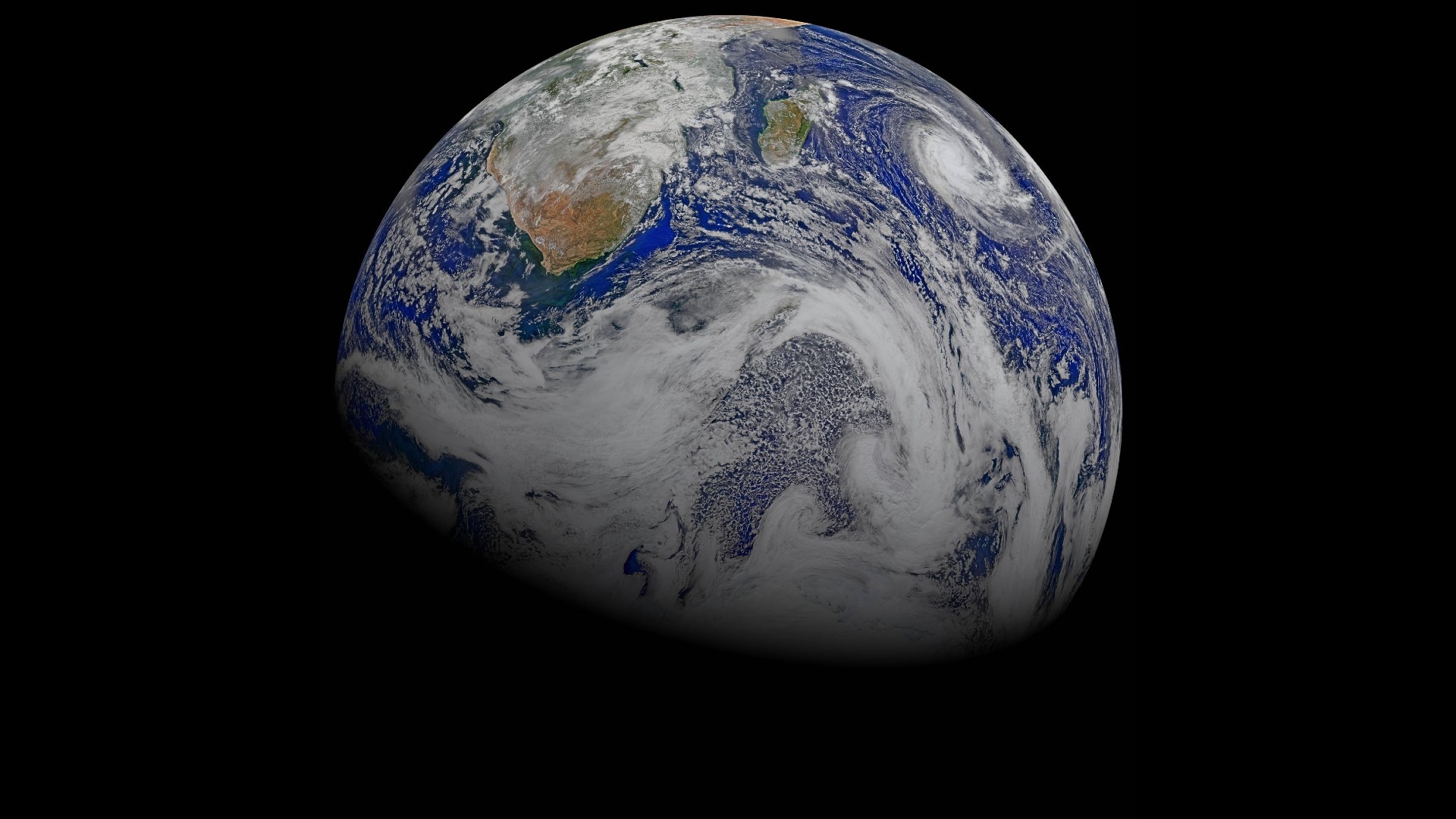House Panel Denies Funding for Space Climate Probe, Satellite Constellation

Breaking space news, the latest updates on rocket launches, skywatching events and more!
You are now subscribed
Your newsletter sign-up was successful
Want to add more newsletters?

Delivered daily
Daily Newsletter
Breaking space news, the latest updates on rocket launches, skywatching events and more!

Once a month
Watch This Space
Sign up to our monthly entertainment newsletter to keep up with all our coverage of the latest sci-fi and space movies, tv shows, games and books.

Once a week
Night Sky This Week
Discover this week's must-see night sky events, moon phases, and stunning astrophotos. Sign up for our skywatching newsletter and explore the universe with us!

Twice a month
Strange New Words
Space.com's Sci-Fi Reader's Club. Read a sci-fi short story every month and join a virtual community of fellow science fiction fans!
WASHINGTON - The U.S. House Appropriations Committee is set to vote today (July 13) on a 2012 spending bill that denies funding for a pair of National Oceanic and Atmospheric Administration (NOAA) satellite programs, one to provide advance warning of solar storms, the other a collaborative project with Taiwan.
The House version of the 2012 commerce, justice, science and related agencies appropriations bill also would trim $50 million from NOAA’s $617.4 million request to develop a new generation of geostationary orbiting weather satellites, according to the report accompanying the bill published July 12. It appears the savings would be applied to help kick-start NOAA’s polar-orbiting weather satellite program, which was delayed by the protracted 2011 budget process.
The 2012 budget request NOAA sent to Congress in February asked for $47.3 million for the Deep Space Climate Observatory (DSCOVR) and $11.3 million for Constellation Observing System for Meteorology Ionosphere and Climate-2 (COSMIC-2). The House bill would not provide funding for either.
DSCOVR would utilize hardware left over from a planned NASA Earth observation mission dubbed Triana that was canceled several years ago. COSMIC-2 is a multisatellite radio occultation experiment being conducted jointly with Taiwan.
"While the Committee supports NOAA’s efforts to establish a radio occultation satellite constellation in partnership with Taiwan, the recommendation does not include any funding for the COSMIC-2 program given funding constraints and the need to fund other higher priority NOAA satellite programs," the report said.
The higher priority satellite program is the Joint Polar Satellite System created last year after the White House dismantled a joint military-civilian weather satellite program. NOAA had sought $1 billion for the program in 2011 but Congress provided less than half of that amount. The House bill would provide $901.3 million for the Joint Polar Satellite System in 2012, which is $429.4 million more than appropriated for the program in 2011 but $168.6 million less than the request.
NOAA sought $9.5 million for 2011 to ready the long-shelved DSCOVR spacecraft for launch and $3.7 million to initiate development of COSMIC-2.
Breaking space news, the latest updates on rocket launches, skywatching events and more!
Congress was unable to pass any of the 12 traditional federal spending bills for 2011 and instead passed an all-in-one spending bill that held most federal spending to 2010 levels. Funding was generally not provided for so-called new start programs such as DSCOVR and COSMIC-2.
The 2012 funding bill, meanwhile, would provide $567.4 million for NOAA’s Geostationary Operational Environmental Satellite-R series, $94.9 million less than provided for this year.
This article was provided by Space News, dedicated to covering all aspects of the space industry.
Turner Brinton is the director for public relations at Maxar Technologies, a space technology company based in Westminster, Colorado that develops satellites, spacecraft and space infrastructure. From 2007 to 2011, Turner served as a defense reporter for SpaceNews International, a trade publication dedicated to the global space industry. He left SpaceNews in 2011 to work in communications for Intelsat and later DigitalGlobe before joining the Maxar team.

